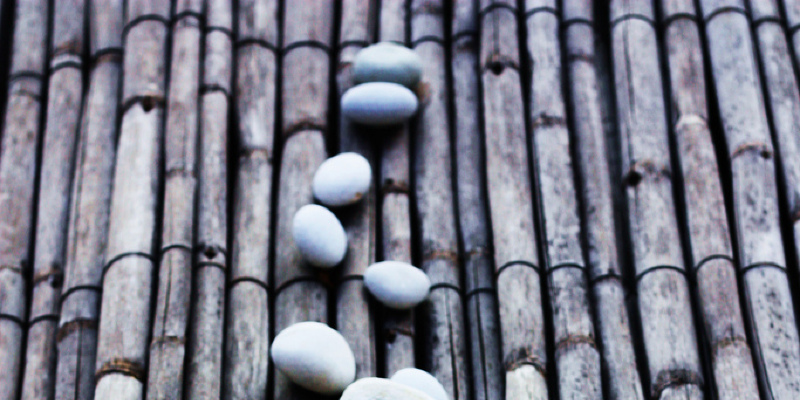
Kitchen Counters: Antique Granite, Elegant
Whether marble countertops conjure pictures of luxe elegance or handsome timeworn French kitchens, this classic surface occupies a design land all its own. With a soft feel, a warmth that is weathered and weathered, a durability that keeps it in place for decades and a wide array of colour choices, marble countertops may be the right option for your kitchen.
Melissa Miranda Interior Design
The fundamentals: Marble is a natural stone composed of calcium carbonate; it’s in the same stone family as limestone and travertine. Color variations occur due to mineral impurities from the stone in marble. Slabs, instead of tiles, are usually used for countertops, where the dramatic veining can be displayed.
Cost: $70 to $100 per square foot, installed.
Artistic Tile
Advantages: This really is a classic and timeless choice for a kitchen. It can perform for decades while maintaining its elegance. For those whose heart is set on a white, natural stone countertops, couple other options can be found together with the breadth of alternatives that marble offers. You can also go for marble’s drama in any of its myriad other colours. Experienced bakers know that marble is naturally cool temperature makes for great pastry making.
Disadvantages: This routine will keep you busy or cause you to adopt its timeless patina. It’s softer and more porous than granite, which means it stains and scratches . Acidic foods trigger surface etching (although the overall look of the etching can be lessened with a honed finish).
Sustainability: whilst mining stone disrupts local ecosystems and dissipates finite, nonrenewable resources, eco-friendly marble can be had with salvaged slabs. Additionally, you may pick marble that is mined in your region to reduce transportation-related energy.
Cablik Enterprises
Maintenance: There are more don’ts than dos in regards to upkeep, where use of mild detergents can dull your marble’s end. Regular care is best restricted to a soft cloth and warm water or cleaners made specifically for marble. You’ll want to seal your marble each year or two with an impregnating water-based sealer made for marble.
Special considerations: Opt for a honed surface to help hide any etching from acidic foods. And if you want to use your marble for working pastry or alternative foods, seek out nontoxic sealants.
More:
With White Marble: Hot Debate on a Traditional Beauty
Carrara vs. Calacatta Marble: What’s the Difference?